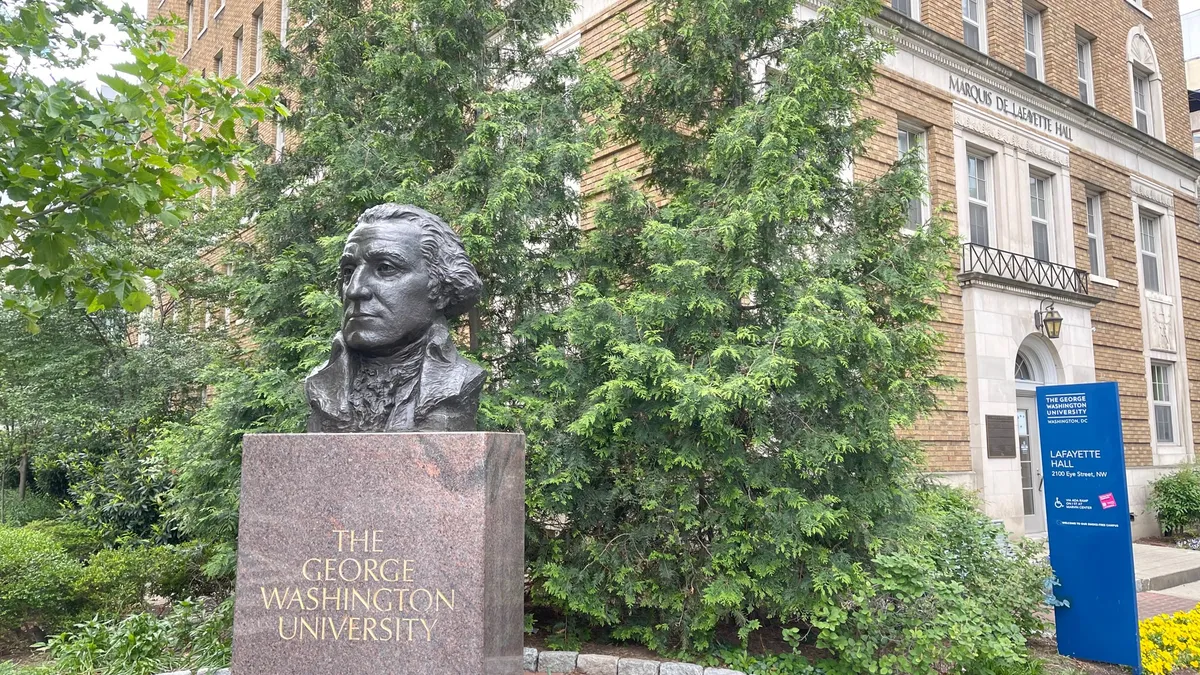Dive Brief:
- During a presentation at the Online Learning Consortium Innovate 2017 Conference, Walden University’s Bonnie Mullinix discussed a number of strategies to foster discussion and a sense of community among student populations enrolled in online programs, Campus Technology reports.
- Mullinix said it's important to involve all students in questions regarding scheduling decisions, and that everyone involved should opt for simplicity when deciding which platform would be the best option for conducting virtual group sessions and discussions.
- She also asserted the importance of helping to create a venue for back channel discussions that could take place outside of the scheduled discussion times, and of finding an intuitive method for all involved to quickly share information for discussion as needed.
Dive Insight:
Critics of online learning often speak about the lack of a robust student community, noting that campus life can lead to unforeseen dialogues, debates and opportunities that might spur innovations and new paths. Online learning advocates would argue the positives outweigh this shortfall, but discussion forums — especially when it comes to the “back channel” conversations that can occur outside of scheduled meetings — can help emulate the vibrancy of campus life.
Creating those kinds of connections can also help establish an alumni network for online learning institutions. With so many online programs and institutions still in their infancy, it is still unclear what type of network will exist in the years and decades to come, but any of the benefits an alumni network offers students on campuses will not be available for online learners if institutions do not find a way to support connections and bonds among students in the midst of their educations. Establishing such networks can also help the school years from now, as graduates attain higher-paying jobs and are able to give back to the institution.
Online programs also try to enhance their career services, ensuring that students have the opportunity to discuss with alumni and amongst each other the opportunities available for graduates. While online students converse with alumni on the pros and cons of particular schools or classes, much of this is happening ad hoc. With the explosion of social media, institutions can harness the already-existing spirit that strong friendships and collaborations can be born digitally and apply that to their digital classrooms. By doing so, they may be better able to address what had previously been a chief criticism.






